In November last year Rachael Nixon was celebrating after bringing home her “wee miracle” Daisy – after her daughter’s premature birth and 30 days in intensive care.
Now – just 12 months later – the Kirkcaldy mum is preparing herself for another tough journey.
The 39-year-old has just been diagnosed with a rare form of blood cancer – and she is urgently searching for a stem cell donor to save her life.
“After months of being unwell and needing weekly blood transfusions, I was diagnosed with a very rare blood cancer called Myelofibrosis,” Rachael explains.
“The only option for this cancer is a bone marrow transplant.
“There is a 25 per cent chance that my brother Blair might be a match.
“But if not, I am hoping there may be someone on the donor bank who can maybe help me.”
She adds: “My biggest fear is that without finding a match, Daisy will grow up without knowing me.
“And it’s so scary to think that after everything we have been through, that if anything happens to me now, she’ll have no memory of who her mum was.”
What is Myelofibrosis?
Myelofibrosis (MF) is a rare blood cancer that causes scarring in the bone marrow, making it difficult for the body to produce blood cells.
Every 20 minutes, someone in the UK is diagnosed with blood cancer, according to the international blood cancer charity DKMS.
And each year, over 2,000 of these individuals will require a stem cell transplant.
Only about 30% of patients will have a compatible family member.
This means that the majority of patients will need an unrelated donor.
When did Rachael start feeling unwell?
Rachael, who runs her own business, Chanix Millinery in Kirkcaldy, started feeling unwell in the summer.
“I had a loss of appetite, vomiting, weight loss, extreme fatigue and I also felt dizzy,” she explains.
“Initially I dismissed these symptoms.
“But in July I started getting worried about how unwell I was becoming.
“I’d say the symptoms had been around since Daisy was born.
“It’s so hard to differentiate between what is the normal tiredness of motherhood and the symptoms of cancer.”
She continues: “But I became more aware that maybe something wasn’t quite right as Daisy’s health had stabilised – she was doing so much better.
“But I was becoming more run down and unwell.
“So I contacted my GP surgery and got an emergency appointment.
“I had blood tests done and my GP referred me to the haematology unit at Victoria Hospital for further testing.”
Rachael had a bone marrow aspirate test.
And earlier this month after a six-week wait, the results showed she had a rare form of blood cancer.
“I was called into hospital to see the haematology consultant who told me it was blood cancer.
“It came as a shock but I was also relieved to have an explanation for what was wrong with me.
“I had just thought my symptoms were stress-related due to having a baby who was very poorly after being born prematurely.”
A difficult year for the Kirkcaldy mum
Rachael’s blood cancer diagnosis comes after a tough 12 months for the single mum-of-one.
In September last year her baby daughter Daisy was very unwell after being born prematurely.
Rachael first became aware there might be a problem during her pregnancy when she had a scan and learned Daisy wasn’t growing at the rate she should be.
This was due to a failing placenta – so Daisy wasn’t able to get the nourishment she needed.
And at that stage, there was a chance she wasn’t going to survive.
Yet, against the odds, Daisy was born prematurely in September 2023.
However, she needed intensive care and had to stay in hospital for the next two months.
Rachael says: “We were only allowed one hug a day to begin with because of how fragile she was.”
Then, 10 days after she was born, Daisy developed a life-threatening condition.
Rachael continues: “Daisy went on to develop sepsis and she was treated with antibiotics.
“But it was a very worrying time because again we could have lost her.”
Fortunately, Daisy’s condition started to improve after two weeks.
And Rachael was eventually able to take her baby daughter home on November 13 last year.
A life-saving bone marrow transplant
Now, following the Kirkcaldy mum’s blood cancer diagnosis, she urgently needs a bone marrow transplant to save her life.
A stem cell transplant is her best chance at survival, but the odds of finding a match are slim.
So while her brother has a 25% chance of being a match, Rachael is also hoping to find a donor from the wider public.
“Since being diagnosed I’ve been so overwhelmed with the amount of people whose first response is: ‘Can I be tested for you?’, which is just the kindest, most loveliest of gestures.
“I feel so thankful that I have so many people out there who would drop everything at the drop of a hat to save my life.”
While awaiting a donor match, Rachael will receive blood transfusions to help stabilise her haemoglobin levels and manage symptoms.
In addition, chemotherapy may be used to control the progression of her cancer until a suitable donor is found.
How do people register to become a donor?
DKMS is an an international charity dedicated to the fight against blood cancer and blood disorders.
It says there is a three-step process to registering.
Firstly you answer a few health questions to make sure you are safe to donate. Then If it’s ‘yes’ you can request your swab kit online.
Once you receive the swab pack, follow the instructions and return it to DKMS.
The results are then analysed and you are added to the register as a potential donor for patients worldwide.
The DKMS team will be in touch if you are a potential match.
If matched, donating is similar to giving blood.
‘Having an available donor at the right time is crucial’
Michael Gallagher is a spokesperson for the DKMS charity.
He says: “For Rachael and others in similar situations, having an available donor at the right time is crucial to the success of their transplant.
“At DKMS, we work tirelessly to increase donor registrations and raise awareness about the life-saving impact of bone marrow donation.
“By educating more people and encouraging them to register, we hope to improve the chances of finding timely matches for patients.”
He adds: “While a stem cell transplant is not necessarily a cure, it offers Rachael a second chance at life she might not otherwise have.”
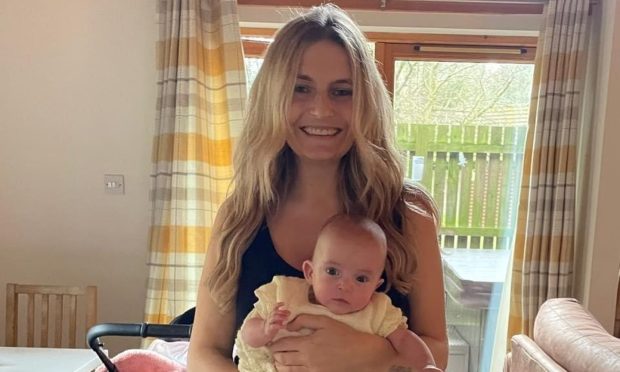
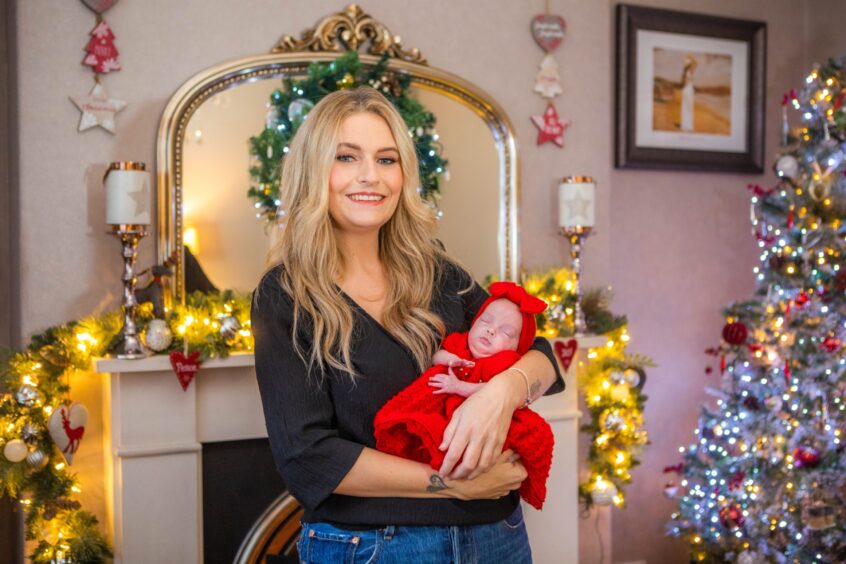
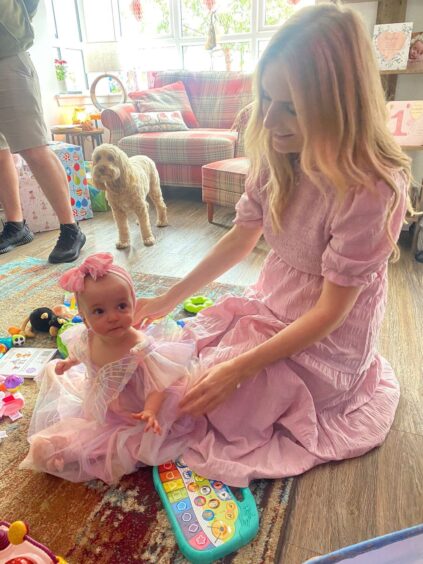
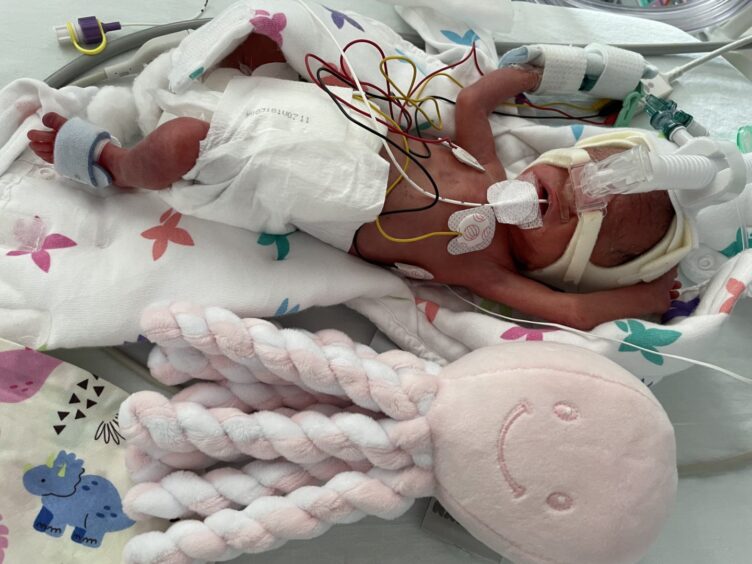
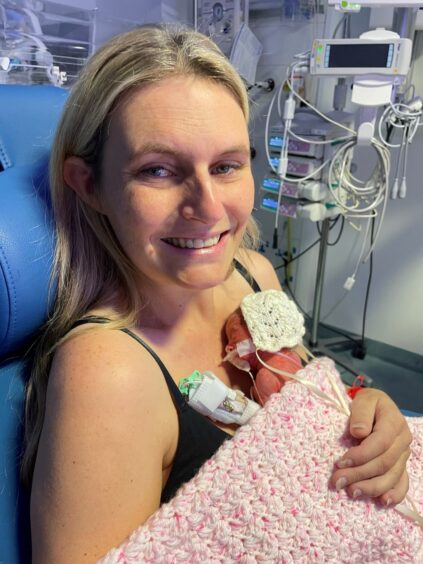
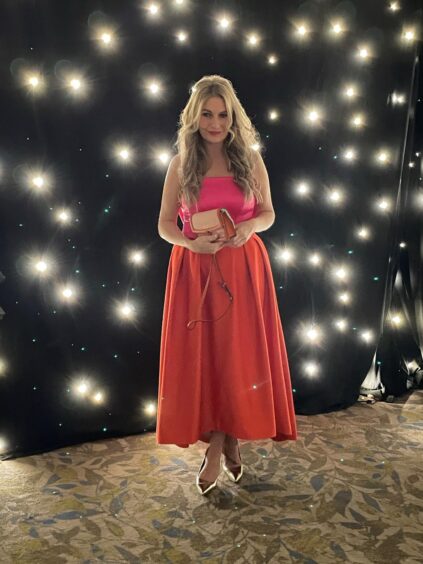
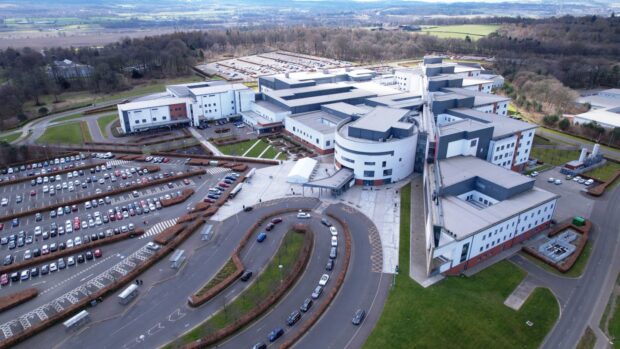
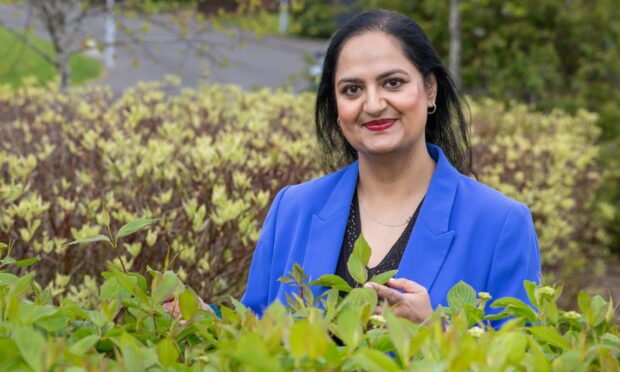
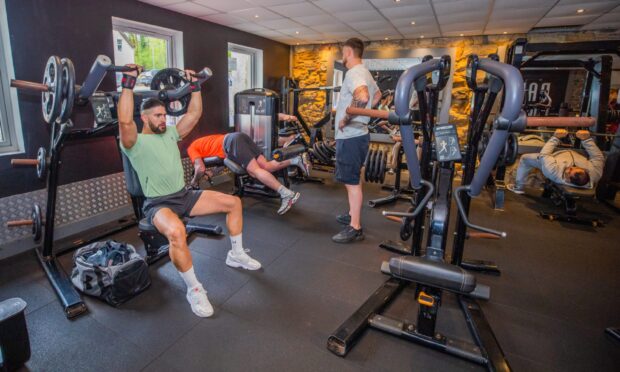
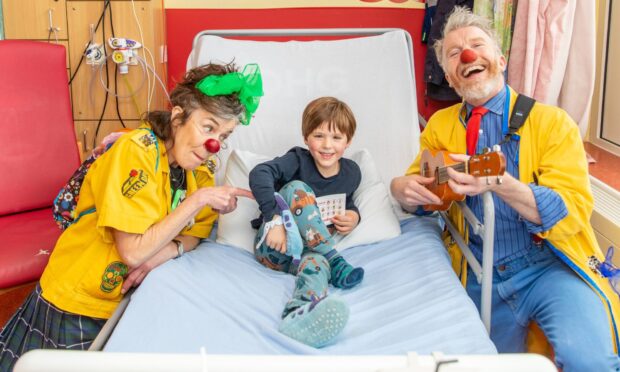

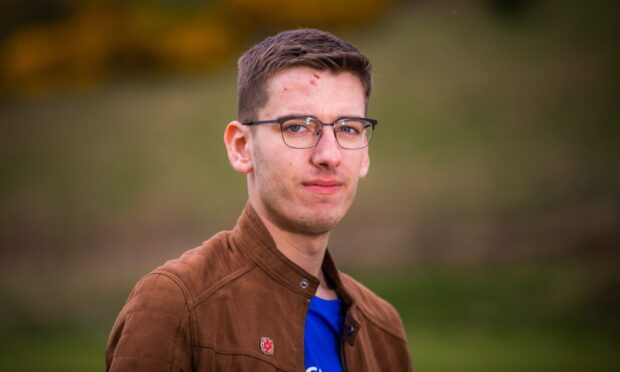
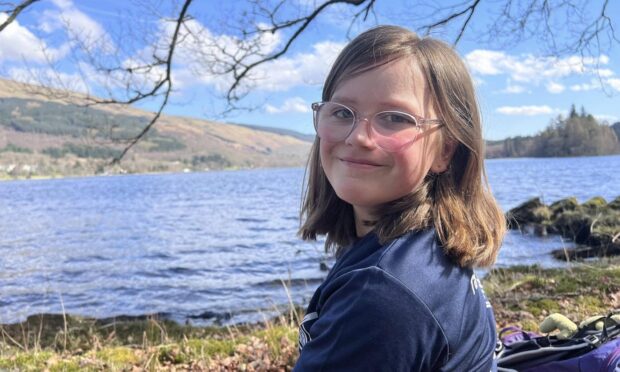
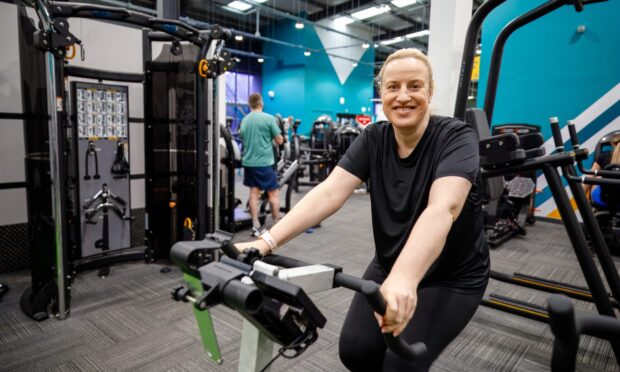
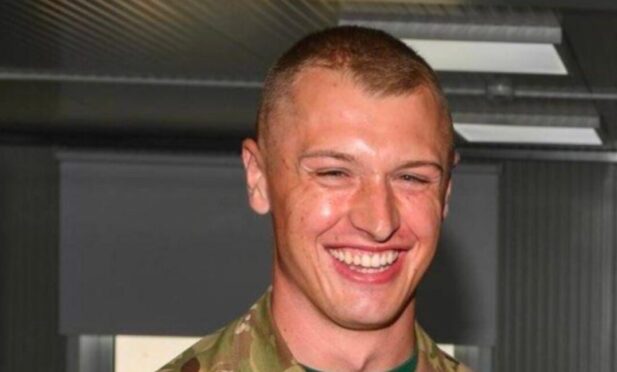
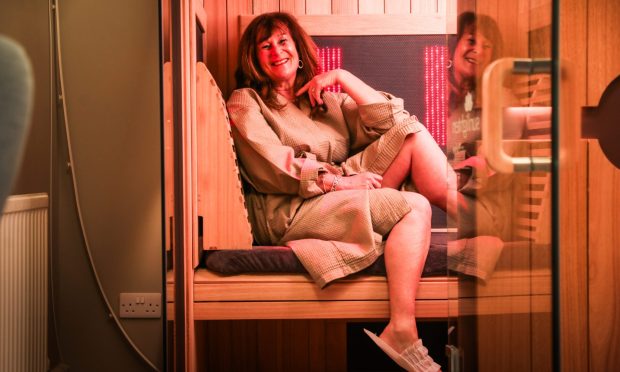
Conversation